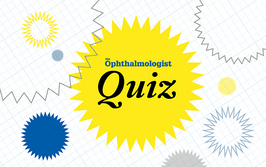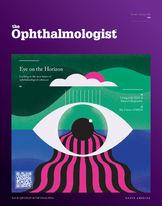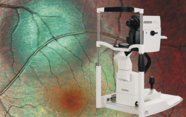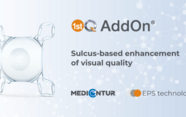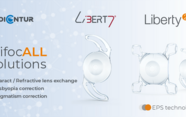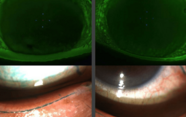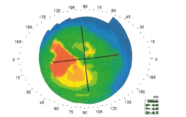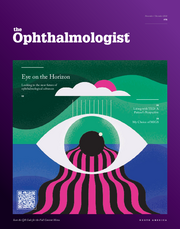Boldly Going
Scientific advancements are constant – but does science fiction help drive us forward while maintaining ethical standards?

I have always loved science fiction stories, as you’ll notice from our December cover feature. Whether on a screen or in a (comic) book, the blending of scientific and futuristic concepts with a good plotline always grabs my attention. When consuming sci-fi of generations past, though, I have noticed how strongly the themes are dictated by the society of the time – in both the worries and the aspirations that surround scientific and technological progress.
A prime example of this is Mary Shelley’s Frankenstein (or, The Modern Prometheus), written at a time when medical science was toying with the idea of bringing life to corpses. Frankenstein is pushing the boundaries of science, but the story itself serves as a warning about how scientific endeavors without a moral and ethical compass can go awry. The “worries and aspirations” theme has continued throughout the years – from Godzilla (born in fiction from the very real and devastating aftermath of the atomic bombs in Japan) to the cosmic exploration of Star Trek and The Fantastic Four (heavily influenced by the space race of the time). Pushing the limits of human achievement but keeping a moral and ethical check on progress is also a focus of most genetic engineering stories; as we learned from Ian Malcolm in Jurassic Park, “… scientists were so preoccupied with whether or not they could, they didn’t stop to think if they should.” More recently, parallel universes and traveling to alternate realities has been the sci-fi topic du jour – given the turbulent events occurring worldwide, is it any wonder?
Bringing this all back to ophthalmology… Many sci-fi stories embrace technology’s potential to enhance the eye or give vision to those without; for example, Star Trek’s Geordi La Forge wears a VISOR (Visual Instrument and Sensory Organ Replacement), freeing him from his blindness but also enabling sight in different spectra. Double-edged aspirational and ethical warnings come from two Judge Dredd tales of eye replacement – in the comics, he is given bionic replacements after losing his eyes (making an already effective lawman more efficient) but, in the 2012 film, one of the antagonists forces binocular bionic eye replacements on a subordinate to allow him to look through a building’s security cameras.
Although ophthalmology is represented in sci-fi, I feel there is room for more – either focusing on our aspirations to cure visual impairment or the ethical quandaries that may stem from enhancing vision beyond our natural ability. Will professions that favor good eyesight one day require bionic upgrades?
Do you have any sci-fi hopes – or fears? Are there any aspects of your work that could be applied to a sci-fi plot? Let us know – you may feature in a future issue!
The lion’s share of my PhD was spent in the lab, and though I mostly enjoyed it (mostly), what I particularly liked was the opportunity to learn about the latest breakthroughs in research. Communicating science to a wider audience allows me to scratch that itch without working all week only to find my stem cell culture has given up the ghost on the Friday (I’m not bitter). Fortunately for me, it turns out writing is actually fun – so by working for Texere I get to do it every day, whilst still being an active member of the clinical and research community.



